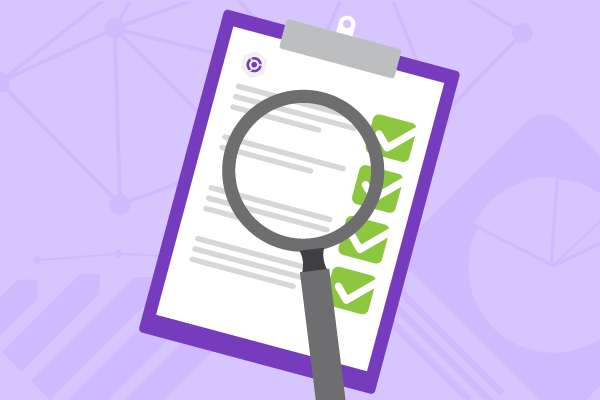NEWS: Data Privacy and GDPR Compliance
July 26, 2023

The General Data Protection Regulation (GDPR) is a comprehensive data protection regulation that sets the standard for privacy and data protection practices. Let’s explore the importance of data privacy and the key aspects of GDPR compliance.
Why Data Privacy Matters
Data privacy is crucial for several reasons:
- Protecting Personal Information: Data privacy ensures the protection of individuals’ personal information, such as names, addresses, financial data, and other sensitive details. It helps prevent unauthorized access, misuse, and potential harm to individuals.
- Building Trust: Organizations that prioritize data privacy foster trust among their customers, employees, and stakeholders. By demonstrating a commitment to protecting personal information, organizations enhance their reputation and maintain strong relationships with their stakeholders.
- Complying with Regulations: Adhering to data privacy regulations, such as GDPR, is not only ethical but also a legal requirement in many jurisdictions. Failure to comply with regulations can result in severe penalties, damage to reputation, and legal consequences.
Understanding GDPR
The GDPR is a comprehensive data protection regulation enforced by the European Union (EU). It applies to organizations that process the personal data of EU residents, regardless of the organization’s location. Here are key aspects of GDPR compliance:
- Lawful Basis for Data Processing: GDPR requires organizations to have a lawful basis for processing personal data. This includes obtaining consent, fulfilling contractual obligations, legal compliance, protecting vital interests, performing a task in the public interest, or legitimate interests pursued by the organization.
- Transparency and Consent: Organizations must be transparent about how they collect, use, and process personal data. They need to provide clear privacy notices, obtain explicit consent for data processing, and allow individuals to easily withdraw their consent if desired.
- Individual Rights: GDPR grants individuals various rights over their personal data. These rights include the right to access, rectify, erase, restrict processing, data portability, and object to processing. Organizations must provide mechanisms to fulfill these rights within specified timeframes.
- Data Protection Impact Assessments (DPIA): Organizations must conduct DPIAs for high-risk data processing activities. A DPIA assesses the potential impact on individuals’ privacy and helps identify and mitigate risks.
- Data Breach Notification: GDPR mandates organizations to report certain types of personal data breaches to the appropriate supervisory authority within 72 hours of becoming aware of the breach. Individuals affected by the breach must also be notified without undue delay if the breach poses a high risk to their rights and freedoms.
- Appointment of Data Protection Officer (DPO): Some organizations must appoint a Data Protection Officer to oversee GDPR compliance, provide guidance, and act as a point of contact for individuals and supervisory authorities.
Achieving GDPR Compliance
To achieve GDPR compliance, organizations should consider the following steps:
- Conduct a Data Inventory: Identify and document the personal data your organization processes, where it comes from, how it is stored, and who has access to it.
- Review Data Processing Activities: Assess the legal basis for processing personal data and ensure that processing activities align with GDPR requirements.
- Implement Security Measures: Implement appropriate technical and organizational measures to ensure the security of personal data. This may include access controls, encryption, pseudonymization, regular security assessments, and staff training.
- Review Consent Mechanisms: Review and update consent mechanisms to ensure they meet GDPR standards. Obtain explicit and freely given consent where required.
- Establish Data Subject Rights Processes: Develop procedures to handle data subject requests, such as requests for access, rectification, erasure, or data portability.
- Implement Data Breach Response Plan: Develop a data breach response plan to detect, respond to, and report data breaches as required by GDPR.
- Train Employees: Provide training to employees on data protection principles, GDPR requirements, and their responsibilities in ensuring compliance.
- Review and Update Policies and Procedures: Regularly review and update your organization’s privacy policies, procedures, and contracts to align with GDPR requirements.
It is important to note that achieving and maintaining GDPR compliance is an ongoing process. Organizations must regularly assess their data privacy practices, adapt to regulatory changes, and continuously improve their data protection measures.
If you need guidance on GDPR compliance and data privacy, visit us at www.infradapt.com or call us at 484-546-2000. Our team of experts can provide insights and solutions to help your organization navigate the complexities of data privacy regulations and ensure compliance with GDPR.
